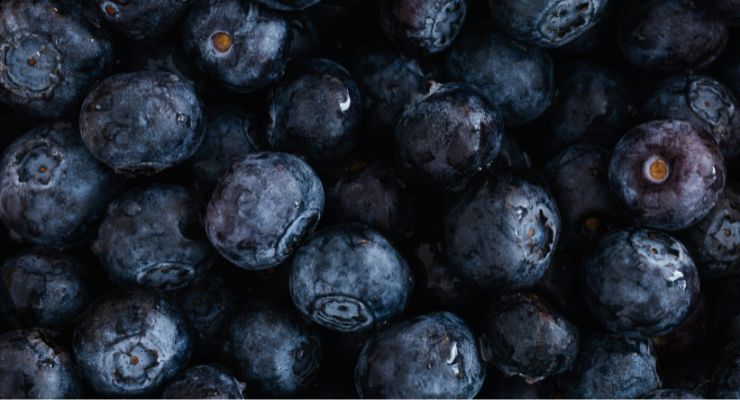Market Updates, Research
Blueberry Ingredient May Improve Cognition in Older Adults
Givaudan’s ThinkBlue was found to support cognitive function greater than placebo in two separate studies involving a total of 72 healthy older adults.

By: Mike Montemarano

A whole-blueberry ingredient marketed by Givaudan as ThinkBlue was associated with improvements in certain measures of mild cognitive impairment in a population of healthy adults between the ages of 68 and 75, across two clinical trials published in Nutrients. The low-dose wild blueberry formulation is standardized to high concentrations of polyphenols, which are associated with improvements in cognitive function.
Mild cognitive impairment (MCI) is part of the aging process, with 17% of those 65 years and older experiencing impacts on reasoning, memory, and processing speed.
In order to assess the efficacy of the blueberry ingredient, Givaudan and the team of researchers at the University of Reading conducted two new studies to evaluate immediate effects.
The first study examined a range of wild blueberry extract doses in order to identify the optimal dose to use for maintaining measures of executive function, episodic memory, and cardiovascular outcomes. Participants received a single dose of either 111 mg, 222 mg, 444 mg, or 888 mg, or a placebo over a five-week period, with each dose separated by a one-week washout. Compared to placebo, supplements containing 222 mg or more produced significant reductions in systolic and diastolic blood pressure compared to placebo, and all blueberry doses attenuated a post-lunch dip in cognitive decline performance, which was only observed in the placebo group.
With an optimal dosage of 222 mg identified in the first study, the second study tested a 222 mg dose in 45 participants versus placebo, with outcomes measured at baseline and again when the post-lunch dip was anticipated. Lunch was consumed an hour prior to cognitive testing in order to enhance the results. In the second study, a significant dip in executive function was apparent in only the placebo group, with executive functioning reaction time achieving clinical significance.
“These two studies indicate that [whole berry extract] may have cardiovascular benefits and attenuate the natural cognitive decline observed over the course of the day, particularly when a decline is associated with a circadian rhythm-driven postprandial dip. However, it is important to acknowledge that effects were subtle, and benefits were only observed in a small number of outcomes,” the authors concluded, noting that further research is needed.


